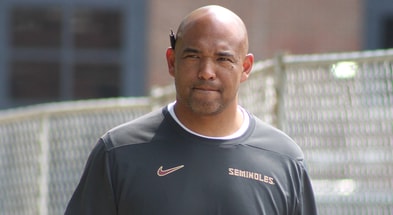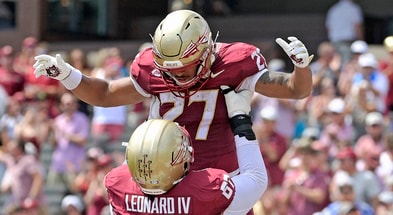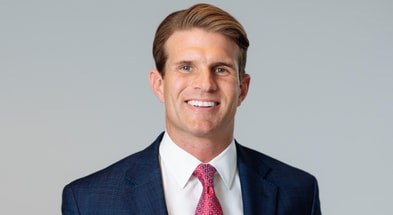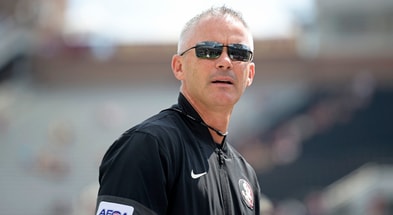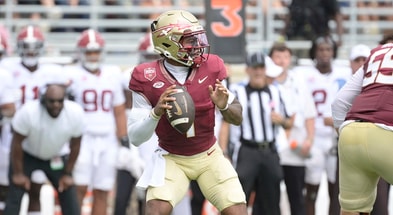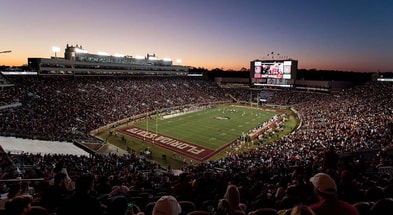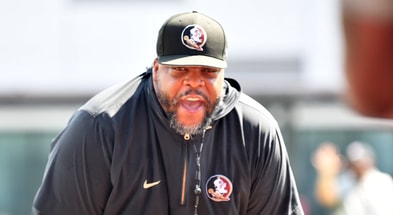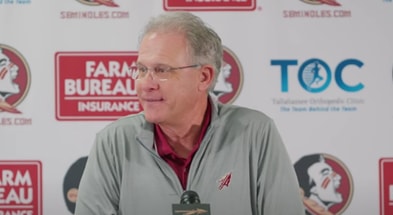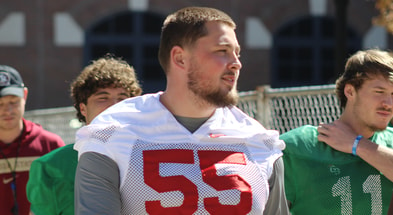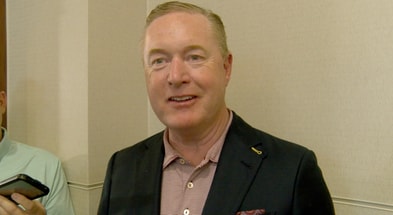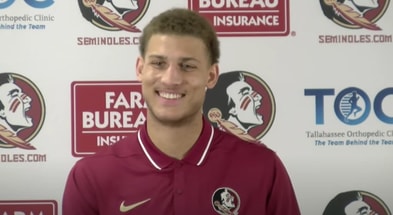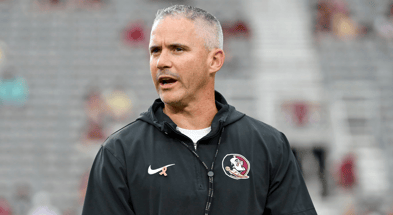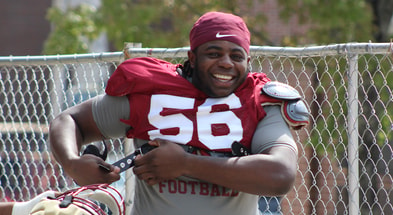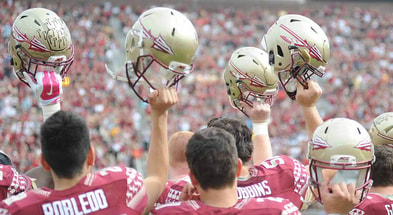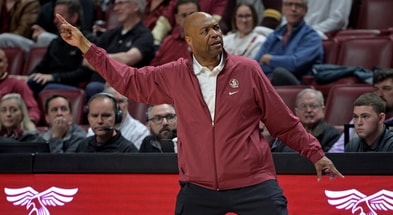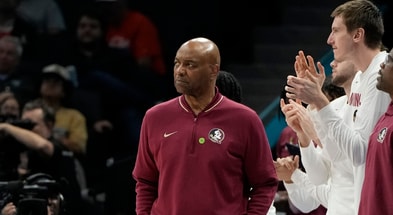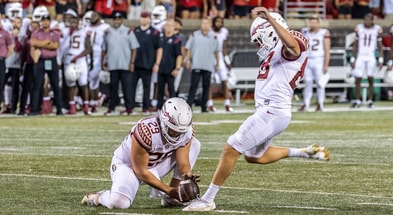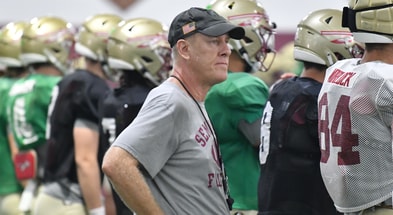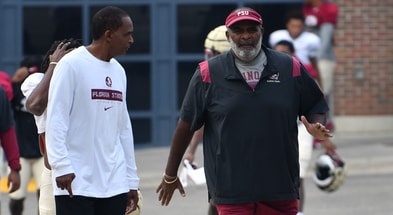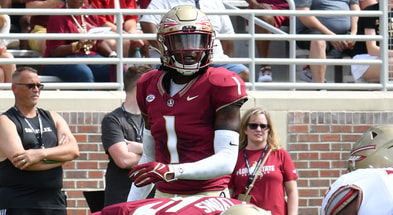Beyond ACC revenue issues, Florida State officials fret about future of college sports
Shortly after Florida State athletics director Michael Alford caused a stir Friday during the university’s Board of Trustees meeting by casting doubt on the Seminoles’ future in the ACC, he and FSU President Richard McCullough raised concerns with even more dire and far-reaching consequences.
While summarizing a number of legal cases and legislative proposals that would call for student-athletes to receive more of the revenue brought in by college sports, Alford and McCullough said attorneys have advised them that at least some of those measures will likely be enacted.
McCullough described it as a “high” probability.
“I think this threatens to take away college football from the fans,” McCullough said. “And I don’t think that is … I don’t think I’m overreacting.”
The Florida State University president said he receives updates every week from ACC attorneys and/or FSU general counsel/vice president Carolyn Egan, and he said they paint a bleak picture of what would happen if all of these initiatives moves forward.
“It’s like watching an airplane crash into a train wreck,” McCullough said.
One of the initiatives Alford brought to the trustees’ attention was the California Athlete Protection Act, which is going before the legislature in that state. It would call for student-athletes to receive 50 percent of a sports program’s revenue if that sport generates twice as much money as the cost of scholarships.
If passed, each athlete in those sports would receive up to $25,000 annually, with any excess money being placed in a trust until they graduate.
Alford said Florida State’s attorneys believe that legislation will pass, and while it won’t directly affect any other state, Board of Trustees chair Peter Collins suggested schools in other states would feel pressure to follow suit.
“The rest of the country would have to follow, or else the best athletes are gonna go to California,” Collins said.
Perhaps more concerning for university officials is the House vs. NCAA lawsuit, which is scheduled to go to trial in California next year.
The plaintiffs in that case are seeking class-action damages for athletes who did not receive NIL revenue during the five years before college athletes were finally permitted to make money from their name, image and likeness. Since NIL payments did not become legal until 2021, that would mean the damages could extend back to 2016 (five years is the statute of limitations), and the plaintiffs also are seeking revenue from previous television broadcasts.
The defendants in that case are the NCAA and all Power 5 conferences. And if the plaintiffs receive class status and win in court, the financial implications could be staggering.
Top 10
- 1New
Kewan Lacy
Rebels RB decides on future
- 2Hot
Nebraska QB dominoes
Huskers line up multiple visits
- 3
Kenny Minchey
Flips transfer commitment
- 4Trending
Portal Predictions
Predicting transfer commitments
- 5
Bryce Underwood
Decides on Michigan future
Get the Daily On3 Newsletter in your inbox every morning
By clicking "Subscribe to Newsletter", I agree to On3's Privacy Notice, Terms, and use of my personal information described therein.
Egan said it’s impossible to know how that will play out, but she noted that the case is scheduled to be tried in the same court where the NCAA lost the high-profile Alston and O’Bannon cases in recent years.
“We don’t expect the train to stop any time soon,” Egan said.
Also on the radar for all college administrators is the Johnson case, which is asking for college athletes to be classified as employees, which would lead to them being paid wages and perhaps eventually give them the ability to form unions and seek collective bargaining like professional athletes.
“It would fundamentally change the collegiate athletics model,” Mit Winter, a college sports attorney at Kennyhertz Perry in Kansas City, told On3 earlier this week. “It would have broad implications for other pending proceedings and for college athletics as a whole.”
With football and basketball being the only profit-generating sports at most schools, Alford said the outcome of each of those cases could lead to major implications for non-revenue sports such as tennis, swimming, volleyball and many others.
In most cases, if not all, the profits from football pay the bills for those other sports to exist.
“That could go away, for pretty much all the sports but two,” Alford said. “It’s very real that that experience could go away if some of this happens.”
Said McCullough: “We don’t know where we’ll end up, and there’s sort of nothing we can do about it.”
The president then implored Florida State’s trustees and others to raise awareness and voice their concerns about preserving college athletics.
“Until people wake up and realize what is actually going on, this stuff is gonna keep moving down the pathway,” McCullough said.
Talk about this story with other die-hard FSU football fans on the Tribal Council.
